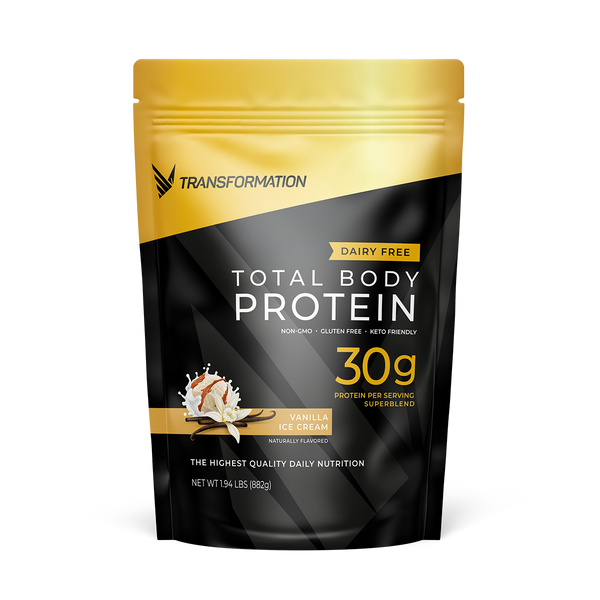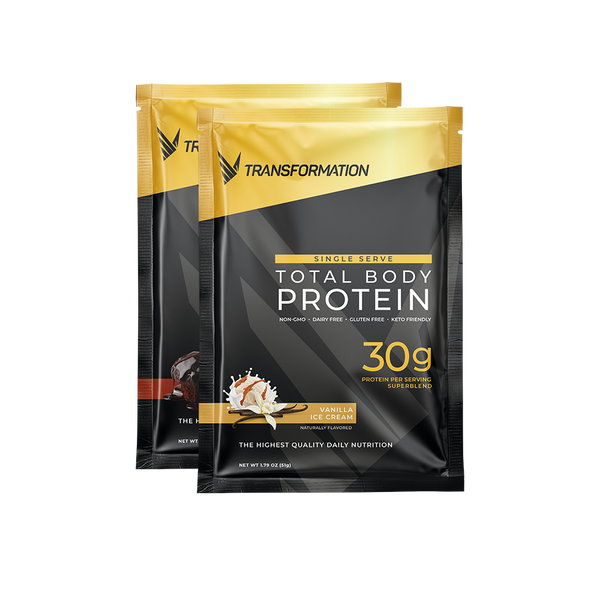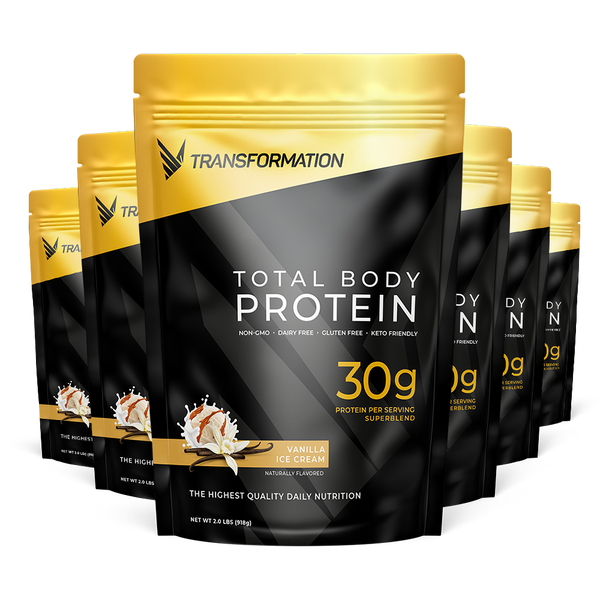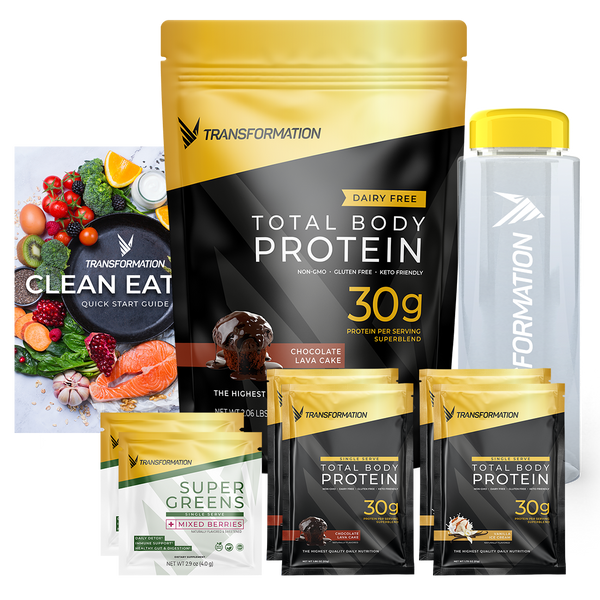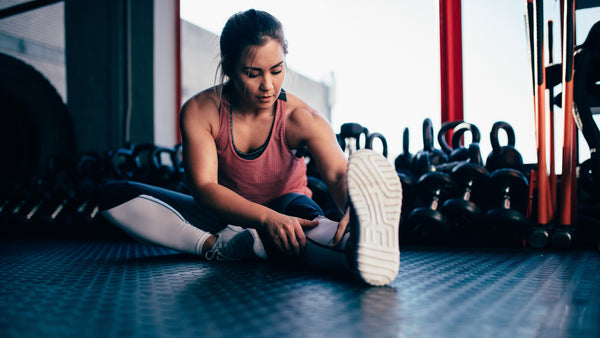
5 Proven Sports Recovery Tips & Techniques for Athletes
Here’s Why Muscle Recovery Is Important
True story: it’s not just for intense workouts or elite athletes. Muscle recovery is important for everyone. If you’re doing it right, any level of exercise routine should always include a workout recovery. Hitting your fitness goals isn’t just about staying committed to your fitness routine––following a post workout routine will help relieve muscle soreness, boost muscle recovery, increase flexibility and prevent injury. All things that ultimately help YOU stay in shape.
Muscle recovery is a multi-pronged approach. How you stretch, warm-up / down, fuel your body, and stay hydrated all impact the ways you can feel after working out. If you neglect this step, you’re more prone to injury and might even stop seeing the results you’re after because your muscles won’t be performing at their best. Ultimately this will hinder reaching your fitness goals, so recovery is paramount. That's why we’re sharing the top tips & techniques to make sure you recover like a pro, so you can stay on top of your workout game and your health.
How Long Does It Take for Muscles to Recover?
You can’t just bounce back from a workout in an hour or two. Typically, it only takes a day or two for your muscles to fully recover from a hard workout. And you may feel soreness or tightness in your muscles that lasts for up to 5 days. Figuring out your limits, understanding why your muscles might be particularly sore can help you calculate measures to make you feel better or when you might need a rest day.
5 Tips on How to Improve Your Post Sports Recovery
Here are the best ways that you can speed your recovery time, and boost your performance with some proven ways to speed the best muscle recovery.
- Use Compression Clothing
- The main reason our muscles feel sore is lactic acid, which is released after a hard workout. Compression cloth forces the blood to keep pumping harder around areas of the body, pushing out that lactic acid.
- Can also help reduce muscle inflammation and improve blood flow.
- Wearing a compression band can also help reduces vibrations & impacts from walking, running, and jumping.
- Don’t Over Train
- It’s important to listen to your body and know when it needs rest, never underestimate the power of a rest day to help your muscles recover.
- Overtraining can deplete your muscles of glycogen and not give your body enough time to replenish its glycogen stores.
- Rehydrate
- When you work out, you sweat and your body can shed massive amounts of water.
- Leaving the body dehydrated will make it unable to complete the muscle repair process.
- Replenishing your electrolyte stores is a must for muscle recovery.
- Avoid Stagnation with Active Recovery Exercises
- Active recovery exercises are low-intensity activities like walking, yoga, and light cycling. Active recovery helps is that it can help keep your blood flow pumping, even if you aren’t getting in your typical workout.
- Anything you can do to keep the blood moving can help speed up your recovery time
- Stretching
- Stretching after your workout and during the recovery process comes with several benefits:
- Boosts circulation through rhythmic contraction and relaxation of the muscles.
- You can help reduce muscle tension and lengthen your muscles so they’re primed and ready to move.
Boost Your Sports Recovery with the Best Nutrition Regimen
Ultimately so much of our recovery depends on how we fuel our bodies before and after a workout. Your body will recover faster when you use hydration combined with protein powder after a tough workout. Transformation Protein powder is a fast and easy way to add high-quality protein to your diet. For workout recovery it is the fastest way to give your body and your muscles what they need to recover. The right nutrition also helps your body recover and using protein shakes and collagen supplements can help decrease muscle soreness. Less recovery time means you can go back to hitting it hard each and every morning.



